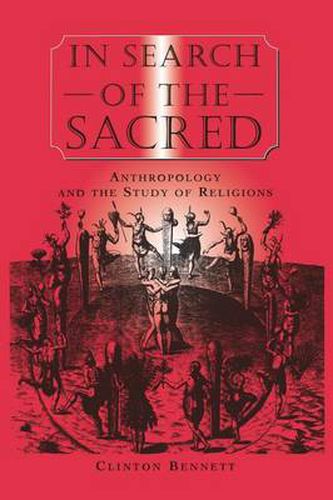Readings Newsletter
Become a Readings Member to make your shopping experience even easier.
Sign in or sign up for free!
You’re not far away from qualifying for FREE standard shipping within Australia
You’ve qualified for FREE standard shipping within Australia
The cart is loading…






This text traces the growth and development of two related disciplines, anthropology and the study of religions. Locating these disciplines within the intellectual climate of the 19th century, the study considers the contributions of scholars such as James George Frazer, F. Max Muller, Emile Durkheim, Mary Douglas and Clifford Geertz, within an historical framework. The author argues that both anthropologists and students of religion have abandoned an objective approach in favour of personal engagement with their subjects, replacing observation with conversation, monologue with dialogue, a text-based with people-based approach. He reveals how each discipline has influenced the other both in terms of methodology and by the provision of data. The book also explores the criticism levelled at both disciplines that they have aided colonial domination of the developing world.
$9.00 standard shipping within Australia
FREE standard shipping within Australia for orders over $100.00
Express & International shipping calculated at checkout
This text traces the growth and development of two related disciplines, anthropology and the study of religions. Locating these disciplines within the intellectual climate of the 19th century, the study considers the contributions of scholars such as James George Frazer, F. Max Muller, Emile Durkheim, Mary Douglas and Clifford Geertz, within an historical framework. The author argues that both anthropologists and students of religion have abandoned an objective approach in favour of personal engagement with their subjects, replacing observation with conversation, monologue with dialogue, a text-based with people-based approach. He reveals how each discipline has influenced the other both in terms of methodology and by the provision of data. The book also explores the criticism levelled at both disciplines that they have aided colonial domination of the developing world.